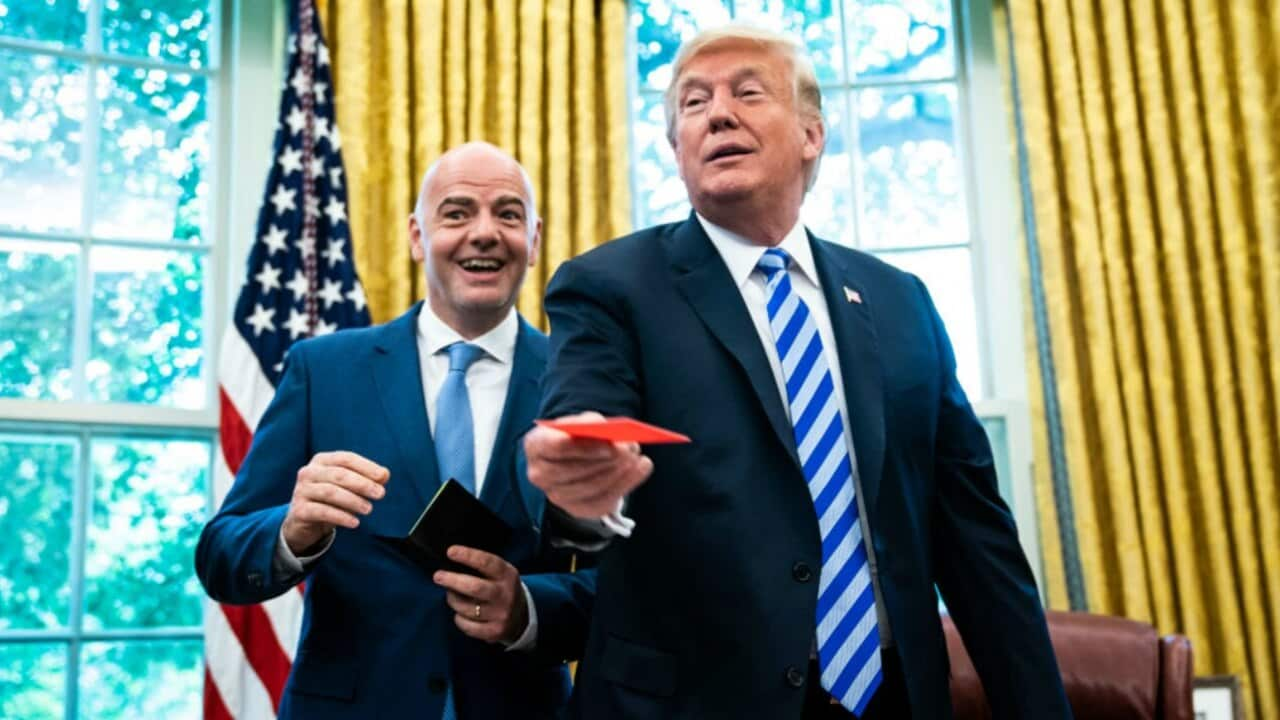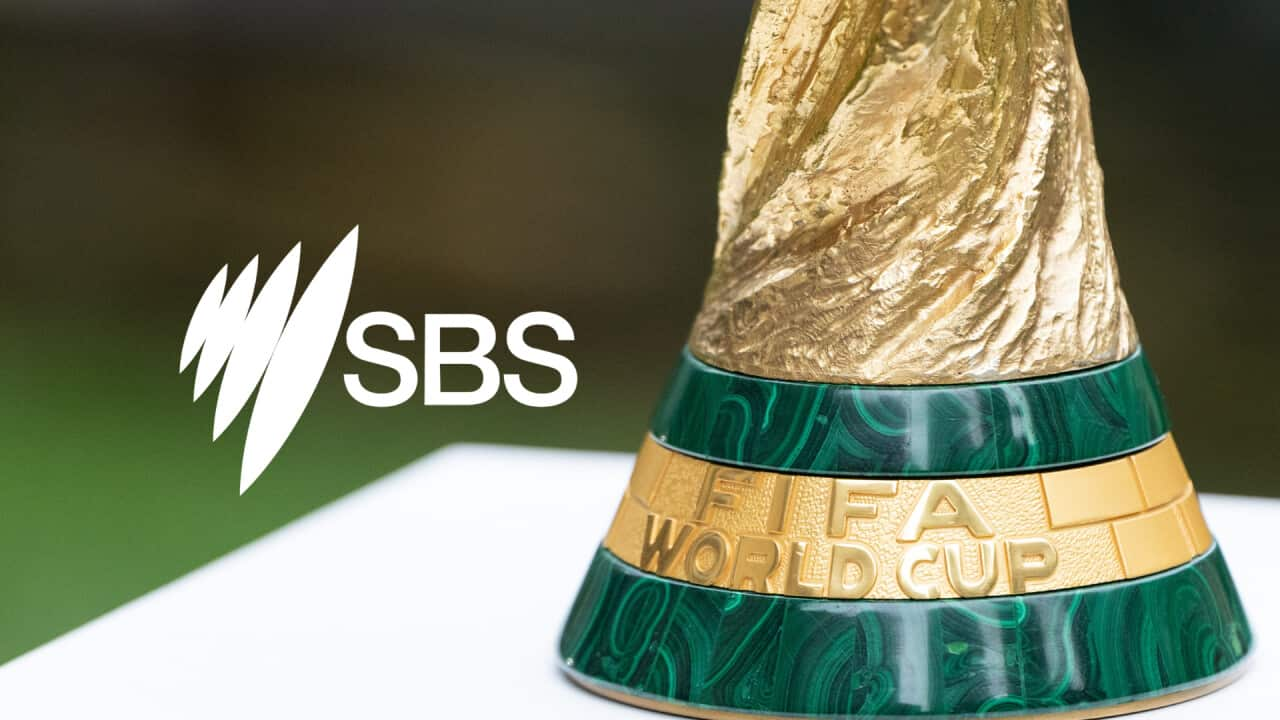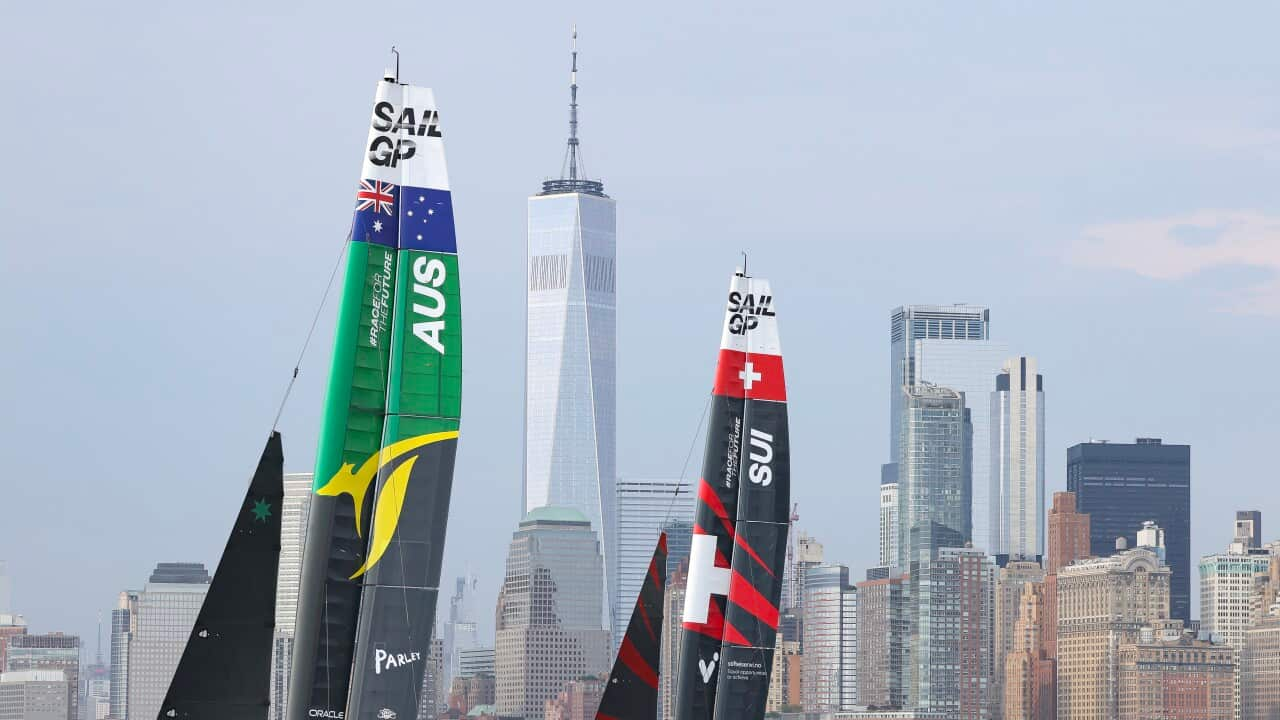The 2019 edition finished on Monday (AEST) with the United States winning a fourth title.
The tournament was widely hailed a huge success and one that has just made the nine bidders all the more determined to welcome the cream of the women’s game next time around.
But Australia has its work cut out just to win support in Asia ahead of the decision that will be made by 37 FIFA board members next March.
The two confederation rivals are Japan and South Korea.
Japan is always a formidable opponent with the capability to host the tournament tomorrow, but it is Korea that is likely to present the biggest stumbling block.
Korea Football Association (KFA) officials were delighted when US president Donald Trump crossed the Demilitarised Zone into North Korea on June 30 to put the prospect of improving relations with DPRK leader Kim Jong-un firmly in the middle of international headlines.
Here was the once unthinkable sight of a sitting US president crossing the 38th Parallel.
This is because South Korea plans to host the World Cup along with its northern neighbour despite the fact they have been technically at war since 1950.
The international sporting community would be forgiven for rolling its eyes a little at another tournament bid from Seoul that included a promise that it could bring peace to the peninsula. But this could be different.
Firstly, there has been speculation that Trump, Kim and the South Korean president Moon Jae-in will meet in a three-way summit in the not-too-distant future.
It is unclear whether Moon would bring up the bid in such a meeting but the KFA is confident that it will be positively discussed among high-ranking officials from all sides.
More importantly, it could set the scene for something else. Trump is clearly looking for a foreign policy success as he seeks re-election in 2020.
Nothing could be bigger than the prospect - which has been discussed in Seoul - of an announcement that the Korean War is officially at an end.
That could also provide irresistible momentum to a joint-Korean bid. After all, it was FIFA that approached the KFA with the idea and awarding a major tournament to two previously warring nations would certainly surpass the legacy requirements that FIFA claim to set such importance by.
"It would be great,” FIFA boss Gianni Infantino said earlier this year. "They have been in a very, very difficult situation until recently.”
There is one obvious problem with both Trump and North Korea: both can be unpredictable.
Seoul’s relations with Pyongyang can change in an instant. Trump can say contradictory things in the same day. Much can happen, for better or for worse, before next March.
Yet there is also hope for Korea inside the AFC. Seoul was, for some time, the only candidate in the running to host the 2023 Asian Cup.
Then, certain forces within Asian football pushed a reluctant China to throw its hat in the ring in the understandable opinion that the tournament would prove to be more lucrative if staged in the world’s most populous country.
The KFA was equally reluctant to withdraw but was persuaded to do so in May with the offer of support for another tournament to be held in 2023.
Australia is going to have its work cut out.










